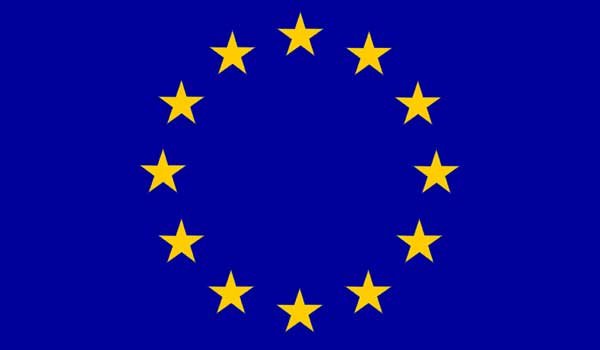The ban, which came into force on 14 January 2015, would be lifted only when the European Commission is satisfied Sri Lanka has taken measures to better control its fisheries trade.
The European Commission said it held "very constructive" meetings last week with Foreign Minister Mangala Samaraweera in Brussels on the issue of Illegal, Unreported and Unregulated fishing (IUU).
"It was agreed that Sri Lanka would take a range of measures to strengthen its management and control of its fisheries sector," the statement said.
"Once the European Commission is satisfied that these measures have been taken by Sri Lanka, it would propose the lifting of the fisheries trade measures to the EU Members States," it added.
"Until then the fisheries ban stays in place."
The EC noted that Sri Lanka had been given ample time and warning to better manage its fisheries trade and the ban was imposed only after four years of fruitless talks with the then-government.
The global value of IUU fishing is estimated to be about 10 billion euros a year with between 11 and 26 million tonnes of fish caught illegally, which amounts to at least 15 percent of world catches.
The 2008 EU IUU regulation, which aims to make sure that no illegally caught fisheries products end up in the EU market, entered in to force on 1 January 2010.
To comply with the regulation, member states must certify the origin and legality of the fish, ensuring the traceability of all marine fisheries products traded from and into the EU.
Discussions between the European Commission and the Sri Lankan fisheries authorities on Illegal Unreported and Unregulated fishing began in December 2010.
(economynext.com)






